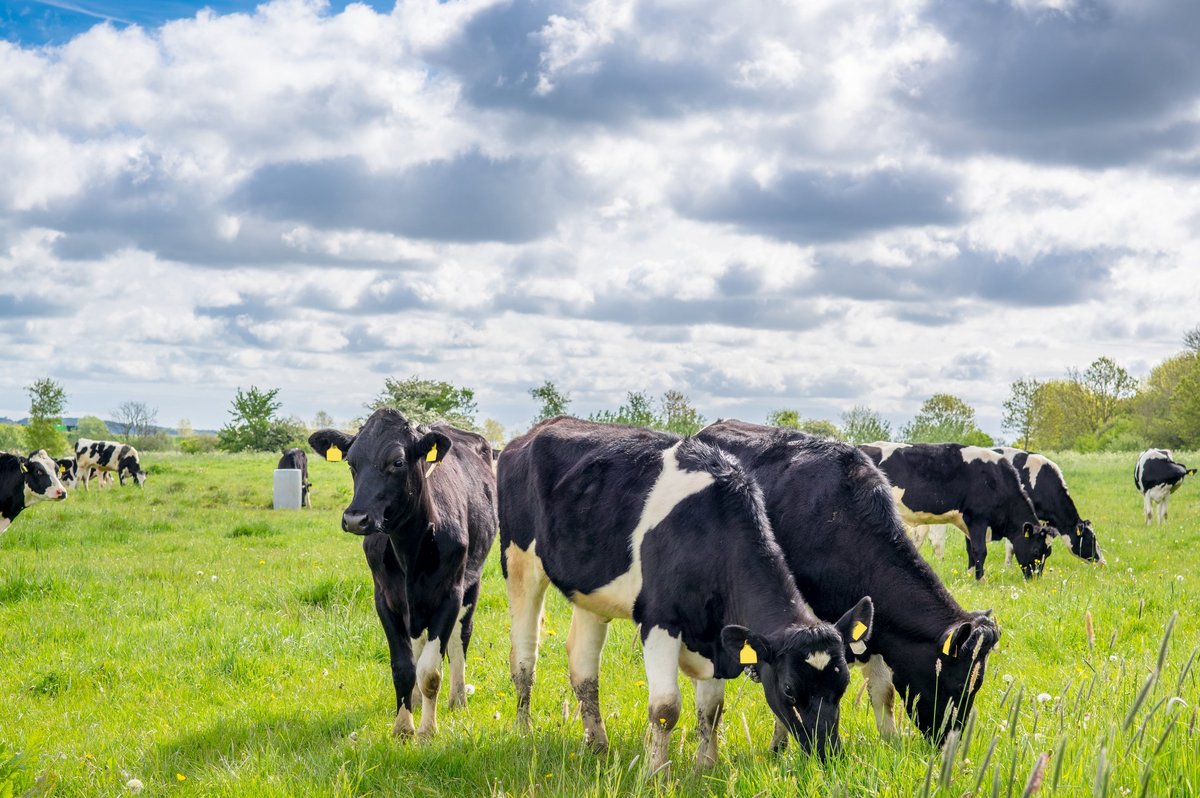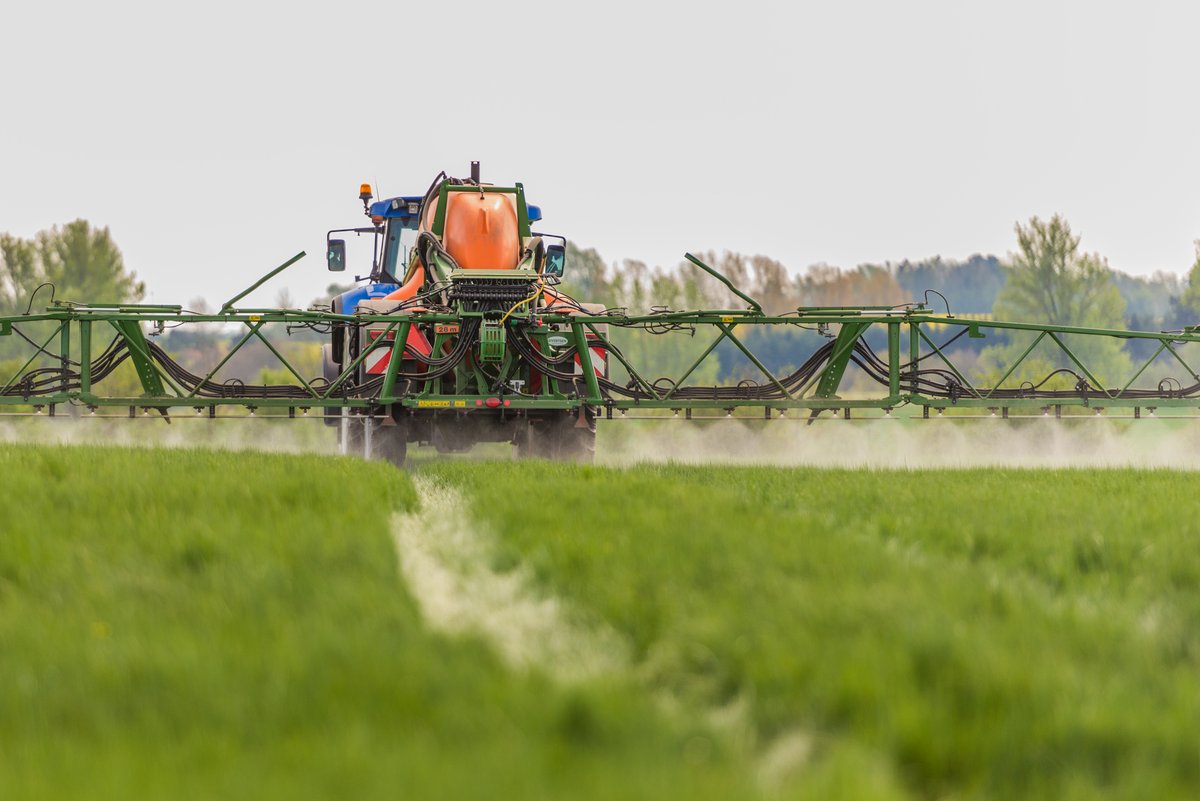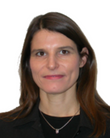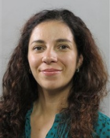How can we maximise the amount of products from a given piece of land, to promote a shift from a fossil-based society towards society using cascading technologies? This is at the heart of the Future Agrifood Systems Hub.
What are we interested in?
-
How improved farming practices can give a higher yield of the land
-
To shift from fossil society to sustainable farming ecosystems
-
Development of a living lab & production of innovative and novel foods and ingredients
-
Crops not only tailored for a primary product, but that are also tailored for use of the resulting by-products
-
‘Biotech’ processing, advanced and digitalised (precision) fermentation, biorefining and downstream processing
What are the main challenges?
-
Resilient rural communities, encourages sustainable healthy diets, increases whole value chain dynamics.
-
Legislators and the demands and restrictions of society
-
Monopolies - security - vulnerability - policy decisions
-
Paradigm shift to perennial crops - "higher yield" of the land - products + by-products - cascading technologies - precision fermentation + biorefining
-
Shift from fossil society
Key characteristics of the Hub
This Hub wants to be a multi actor covering all aspects of the ecosystem of farming (and before, i.e. including crop breeding) and extending into processing, biorefining, biotech, precision fermentation, food, novel foods, and consumers. Furthermore, the Hub aims to:
-
Use existing demonstration projects e.g. grass to human proteins + feed, and new demonstration projects, as ‘living labs’
-
Focus on circularity, including recycling nutrients back to the land and soil science.
-
Get feedback loops to the other disciplines.
-
Keep the large Hub theme, but within the Hub people can go together in subgroups for target specific aspects. It is all about finding areas of interest in collaborations, that MUST be interdisciplinary.


Who are we?
The Future Agrifood Systems Hub is for everybody who have an interest in improving our future farming technologies. As of now, the Hub would especially benefit from researchers coming from social sciences as well as data scientists. Other hightly welcomed areas of research are:
-
Bioinformatics
-
Trade organization and legislations.
-
Novel food and feed
-
Include producers, consumers, farmers
-
Economics and business
-
Soil science
-
Helix lab
Hub activities
Unfolding the future
A social science and humanities (SSH) approach toward the future of agrifood systems / by Sunny Mosangzi Xu, Department of Organization, Copenhagen Business School
Academic coordinators
Timothy Hobley
National Food Institute
Technical University of Denmark
Phone: +45 45 25 27 06
E-mail: tjho@food.dtu.dk
Nanna Viereck
Food Analytics and Biotechnology
University of Copenhagen
Phone: +45 35 33 35 02
E-mail: nav@food.ku.dk
Mette Lübeck
Department of Chemistry and Bioscience
Aalborg University
Phone: +45 99 40 25 89
Cell: +45 24 47 04 18
E-mail: mel@bio.aau.dk







